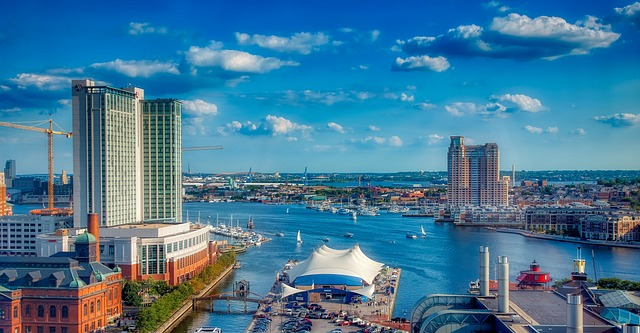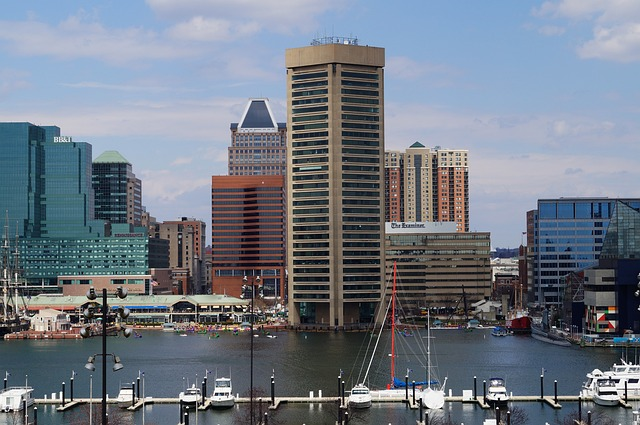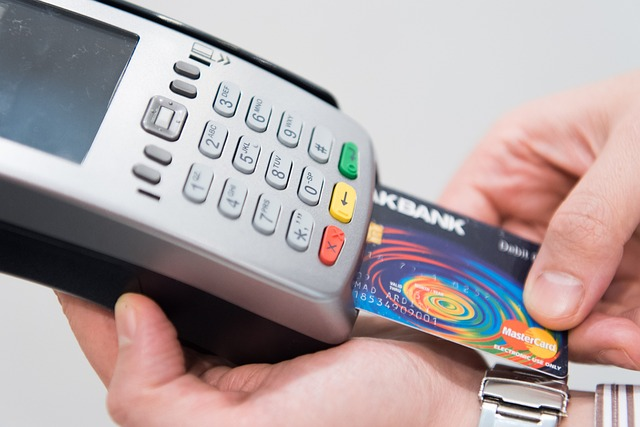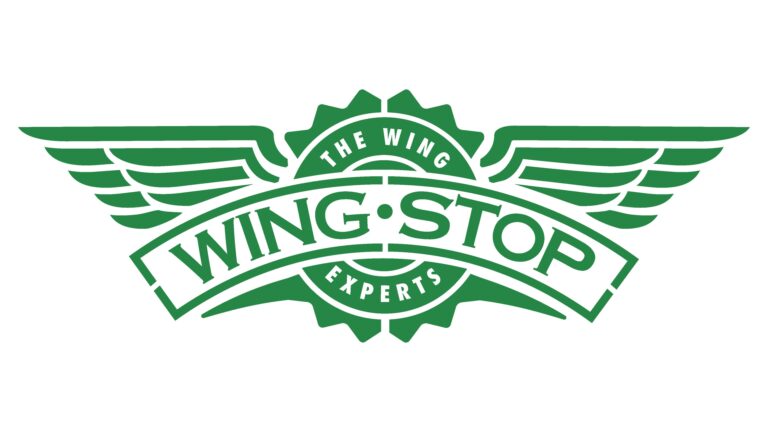How does the Francis Scott Key Bridge collapse affect Small Business?

The Francis Scott Key Bridge in Baltimore collapsed on March 26, 2024, when the Dali cargo ship crashed into the bridge following a power failure. Despite issuing an SOS, it was unable to avoid collision. The impact caused a section to give way and fall into the water below.
Small businesses relying on the Key Bridge for transportation may face disruptions impacting daily operations. Access to supplies and serving clients becomes challenging, potentially leading to financial losses. The collapse directly affects businesses near the bridge, hindering deliveries and client services.
What financing is the SBA offering to Businesses Affected by the Bridge Collapse?

The SBA is issuing disaster loans for small businesses in the Mid-Atlantic region affected by the bridge collapse. SBA Administrator Isabel Casillas Guzman announced the program on April 3, 2024.
The announcement came after Maryland Governor Wes Moore wrote a letter requesting a disaster declaration on March 29, 2024. The declaration applies to small businesses, small agricultural cooperatives, small aquaculture businesses, and private nonprofits.
These SBA Disaster loans include:
- Loan Amounts: Up to $2 million.
- Interest Rates: 4% for small businesses and 3.25% for nonprofits.
- Terms: Up to 30 years.
Interest will not accrue for these loans until 12 months after the initial disbursement. In addition, the repayment period for SBA disaster loans does not begin until 12 months. These loans are intended to help businesses that have experienced revenue decline due to the bridge collapse.
What areas are eligible for SBA Disaster Loans for the Francis Scott Key Bridge Collapse?
The disaster area applies to the entire state of Maryland and Washington D.C. Several counties in surrounding states are also eligible.
Delaware counties:
- Kent.
- New Castle.
- Sussex.
Pennsylvania Counties:
- Adams.
- Bedford.
- Chester.
- Fayette.
- Franklin.
- Fulton.
- Lancaster.
- Somerset.
- York.
Virginia Counties:
- Accomack
- Independent City of Alexandria.
- Arlington.
- Fairfax.
- Loudoun.
West Virginia Counties:
- Berkley.
- Grant.
- Hampshire.
- Jefferson.
- Mineral.
- Morgan.
- Preston.
How can my Business apply for SBA Relief following the Bridge Collapse?
To start the application process, visit the SBA website dedicated to assisting businesses affected by the Francis Scott Key Bridge collapse. Before proceeding with the application, ensure that your business meets all service requirements specified on the website.
In addition, small business owners can call SBA’s Customer Service Center at (800) 659-2955 or email [email protected] for more information.
The SBA also announced that starting on April 1, 2024, Customer Service Representatives at the SBA’s Business Recovery Center can help small business owners complete their disaster loan applications, accept documents for existing applications, and provide status on loan applications.
Contact information for the Recover Center is:
Business Recovery Center (BRC)
Baltimore County
Dundalk Renaissance
Dundalk, MD 21222
Hours:
Monday – Friday: 8 a.m. to 6 p.m.
Saturday: 10 a.m. to 2 p.m.
Sunday: Closed
Required Documents
Gather all essential documents needed for your application. These may include proof of business ownership, financial statements, and any other paperwork requested by the SBA to support your claim. Be sure to have these ready beforehand to streamline the process.
What are the benefits of SBA Disaster Loans?
Small businesses impacted by the Francis Scott Key Bridge collapse can benefit significantly from SBA Disaster Loans. These loans provide direct financial assistance to help businesses recover and rebuild after a catastrophic event.
By accessing SBA Disaster Loans, businesses can receive the necessary funds to cover operational expenses if they experienced financial hardship due to the bridge collapse. This financial support is crucial in ensuring the survival and continuity of affected businesses in the face of adversity.
The SBA offers updates on service requirements to further assist businesses in need and establishes partnerships with organizations to streamline the loan application process. They may provide extensions or offer additional hours to accommodate the high demand for assistance following the bridge collapse.
What are the drawbacks of SBA Disaster Loans?
Businesses impacted by the Francis Scott Key Bridge collapse may face challenges with SBA Disaster Loans. The extensive service requirements and documentation necessary for loan approval can delay receiving direct assistance.
Small businesses, in particular, might spend additional hours dealing with paperwork and communicating with SBA officials to fulfill these requirements. This process can be time-consuming and overwhelming for business owners already grappling with the aftermath of the bridge collapse.
While these loans offer many benefits that can help affected businesses stay in operation, they still come at a cost. Businesses must repay the loan amount plus interest. However, the low interest rates and extended repayment terms make the repayment process much more manageable.
SBA Disaster Loan Pros & Cons
Pros:
- Low-interest rates.
- Long repayment terms.
- Available to businesses of all sizes.
- Can be used for a variety of expenses, including payroll and inventory.
Cons:
- Strict eligibility requirements.
- Lengthy application process.
- Collateral may be required for larger loan amounts.
- Funding may not be immediate in times of high demand.
Frequently Asked Questions
Here are the most common questions about the SBA Disaster Loan Program.
Does the SBA offer other Disaster Loans?
The Small Business Administration (SBA) offers disaster loans to help businesses, homeowners, and renters recover from natural disasters such as hurricanes, floods, wildfires, and other emergencies. These low-interest disaster loans offer long-term repayment options to assist those affected by disasters in rebuilding and recovering.
To be eligible for SBA assistance, applicants must have suffered physical or economic damage due to the declared disaster. Businesses of all sizes, non-profit organizations, homeowners, and renters may qualify for these loans if they’re in declared disaster areas.
Additionally, applicants must have exhausted all other funding sources, including insurance payouts, before receiving an SBA disaster loan. It is essential to carefully review the eligibility requirements and application process to ensure a smooth and successful loan application.
How can Small Businesses use SBA Disaster Loan Funds?
This loan program is intended to help businesses that suffered financial loss due to the bridge collapse. As such, businesses can use the funds to cover everyday operational expenses. Examples include payroll, inventory, rent, utilities, fixed debts, and accounts payable.
What other SBA Loans are available?
SBA disaster loans are specialized financing options within the larger SBA Loan Program. In fact, disaster loans are the only option in the program that allows business owners to apply directly to the SBA.
All other SBA loans require applying to an SBA-approved lender, which could be a bank, credit union, or alternative lender. Available loan programs include the following.
SBA 7(a) Loans: The most common type of SBA loan, SBA 7(a) loans, can be used for various business purposes, including working capital, equipment purchases, and real estate acquisition. The Small Business Administration guarantees these loans, making them more accessible to small businesses that may not qualify for traditional bank loans. The maximum loan amount for SBA 7(a) loans is $5 million.
SBA 504 Loans: SBA 504 loans are designed to help small businesses purchase fixed assets such as real estate or equipment. These long-term loans offer fixed-rate financing with low down payments, making them popular for businesses looking to expand or acquire property. The funds from an SBA 504 loan can be used for construction, renovation, or purchasing land and buildings.
SBA Express Loan: SBA Express Loans offer a faster approval process and quick access to funds, making them ideal for small businesses needing immediate financing. These loans have a maximum loan amount of $350,000 and can be used for various business purposes such as working capital, equipment purchases, and refinancing debt. Additionally, SBA Express Loans have a streamlined application process, making them a convenient option for entrepreneurs seeking financial assistance.
SBA Microloan Program: SBA microloans are small loans provided to small businesses and nonprofit childcare centers for working capital or the purchase of inventory, supplies, furniture, fixtures, machinery, or equipment. These loans can be up to $50,000 and are typically used by entrepreneurs who may not qualify for traditional bank loans. Microloans are an excellent option for those looking for smaller loan amounts with flexible terms and lower interest rates.
SBA Disaster Loans Following the Francis Scott Key Bridge – Final Thoughts

The total fallout from the tragic incident is still being determined. However, many businesses relied on the bridge for the transportation of goods and supplies.
The SBA’s decision to offer funding for these businesses should ease a significant portion of their financial hardships. We will provide any relevant updates about the loan program and eligibility.
Contact us if you have more questions about SBA disaster loans or to apply for a small business loan. While small business owners must apply directly to the SBA for disaster loans, our alternative financing experts can assist you with funding options for most other business needs.











